One of the most common questions people have about bed bugs is whether their eggs stick to mattresses. The short answer is yes, bed bug eggs can stick to mattresses and other surfaces. In fact, mattresses are one of the most common places for bed bugs to lay their eggs, making them a prime spot for a bed bug infestation to start.Do Bed Bug Eggs Stick to Mattress?
If you find bed bug eggs on your mattress, it's important to take action immediately to prevent a full-blown infestation. The first step is to thoroughly clean your mattress using a vacuum cleaner with a HEPA filter. This will help remove any live bugs, eggs, or fecal matter that may be present. Next, you'll want to use a steam cleaner to treat your mattress. The high temperatures of the steam will kill any bed bugs and their eggs that may be hiding in the fabric. Be sure to pay special attention to the seams and crevices of the mattress. After treating your mattress, it's important to encase it with a bed bug-proof mattress cover. This will not only prevent any remaining bed bugs from escaping, but it will also prevent new ones from infesting your mattress.How to Get Rid of Bed Bugs on Mattress
Bed bug eggs are small, oval-shaped, and white in color. They are about the size of a pinhead and can be difficult to spot. However, if you see any small white eggs or eggshells on your mattress, it's a clear sign of a bed bug infestation. You may also notice small brown or black stains on your mattress, which are a result of bed bug fecal matter. These stains may also be a clue that bed bugs have been laying eggs on your mattress.Identifying Bed Bug Eggs on Mattress
The best way to prevent bed bug eggs from sticking to your mattress is to take preventative measures. This includes regularly vacuuming your mattress, using a mattress encasement, and inspecting any used furniture or clothing before bringing it into your home. If you live in an apartment building or have recently traveled, it's also a good idea to regularly check for bed bugs on your mattress and other furniture. This will help catch any infestations early on and prevent them from spreading.Preventing Bed Bug Infestations on Mattresses
If you do find bed bug eggs on your mattress, it's important to remove them as soon as possible. You can use a vacuum cleaner or a sticky lint roller to pick up the eggs and dispose of them in a sealed plastic bag. It's also important to regularly wash your bedding and linens in hot water and dry them on high heat. This will help kill any remaining bed bugs and their eggs that may be hiding in your bedding.Removing Bed Bug Eggs from Mattresses
In short, yes, bed bug mattress covers do work. These covers are specially designed to prevent bed bugs from infesting your mattress by creating a physical barrier. However, it's important to note that these covers will only be effective if they are properly installed and have no rips or tears. It's also important to choose a high-quality, bed bug-proof mattress cover. Look for covers that have been tested and certified by a third-party organization, and be sure to follow the manufacturer's instructions for installation and maintenance.Do Bed Bug Mattress Covers Work?
Bed bug eggs typically take about 6-10 days to hatch. However, this timeframe can vary depending on factors such as temperature and humidity levels. It's important to continue monitoring your mattress even after treating it to ensure that no new eggs have hatched. It's also important to note that bed bug eggs can lay dormant for months, which means that even if you don't see any signs of bed bugs on your mattress right away, they could still be present.How Long Do Bed Bug Eggs Take to Hatch on a Mattress?
Yes, bed bugs can lay eggs on memory foam mattresses just like any other type of mattress. The foam material may make it more difficult for bed bugs to hide and lay eggs, but it's still possible for them to infest a memory foam mattress. If you have a memory foam mattress, it's important to regularly inspect and clean it to prevent bed bugs from taking up residence. You may also want to consider using a mattress encasement for extra protection.Can Bed Bugs Lay Eggs on Memory Foam Mattresses?
Similar to mattresses, bed bug eggs can also stick to box springs. In fact, box springs are another common hiding spot for bed bugs to lay their eggs. If you have a bed bug infestation, be sure to also thoroughly clean and treat your box spring, and encase it with a bed bug-proof cover to prevent future infestations.Do Bed Bug Eggs Stick to Box Springs?
In addition to the methods mentioned above, there are a few other ways to treat a mattress for bed bugs. These include using natural remedies such as diatomaceous earth or essential oils, or hiring a professional exterminator to treat your mattress with pesticides. Regardless of which method you choose, it's important to act quickly and be thorough in your treatment to effectively get rid of bed bugs on your mattress. In conclusion, bed bug eggs can indeed stick to mattresses, making them a prime spot for a bed bug infestation to start. However, with proper prevention and treatment methods, you can effectively get rid of bed bugs and their eggs on your mattress and prevent future infestations. Remember to regularly inspect and clean your mattress, use protective covers, and take action immediately if you notice any signs of bed bugs. How to Treat a Mattress for Bed Bugs
Do Bed Bug Eggs Stick to Mattress?

The Truth About Bed Bugs and Mattresses
 When it comes to bed bugs, one of the most common concerns is whether or not their eggs can stick to mattresses. Bed bugs are small, reddish-brown insects that feed on the blood of humans and animals. They are notorious for infesting homes and causing discomfort and distress to those who have the misfortune of dealing with them. Bed bugs are known for their ability to hide in small crevices and cracks, which makes them difficult to detect and eliminate. With their small size and elusive nature, it's no wonder that people are worried about whether or not their eggs can stick to mattresses. So, let's dive into the truth about bed bugs and mattresses.
When it comes to bed bugs, one of the most common concerns is whether or not their eggs can stick to mattresses. Bed bugs are small, reddish-brown insects that feed on the blood of humans and animals. They are notorious for infesting homes and causing discomfort and distress to those who have the misfortune of dealing with them. Bed bugs are known for their ability to hide in small crevices and cracks, which makes them difficult to detect and eliminate. With their small size and elusive nature, it's no wonder that people are worried about whether or not their eggs can stick to mattresses. So, let's dive into the truth about bed bugs and mattresses.
Can Bed Bug Eggs Stick to Mattresses?
 The short answer is yes, bed bug eggs can stick to mattresses. However, it's important to understand how bed bug eggs are laid and where they are typically found in order to fully understand the risk of infestation on mattresses.
Bed bug eggs are tiny, approximately 1mm in size, and are often laid in clusters of 10-50 eggs. The female bed bug lays her eggs in cracks and crevices, including the seams and folds of mattresses, as well as in furniture, baseboards, and other areas near where humans sleep. The eggs are coated with a sticky substance that allows them to adhere to surfaces, making it difficult to dislodge them.
The short answer is yes, bed bug eggs can stick to mattresses. However, it's important to understand how bed bug eggs are laid and where they are typically found in order to fully understand the risk of infestation on mattresses.
Bed bug eggs are tiny, approximately 1mm in size, and are often laid in clusters of 10-50 eggs. The female bed bug lays her eggs in cracks and crevices, including the seams and folds of mattresses, as well as in furniture, baseboards, and other areas near where humans sleep. The eggs are coated with a sticky substance that allows them to adhere to surfaces, making it difficult to dislodge them.
Why Do Bed Bugs Lay Eggs on Mattresses?
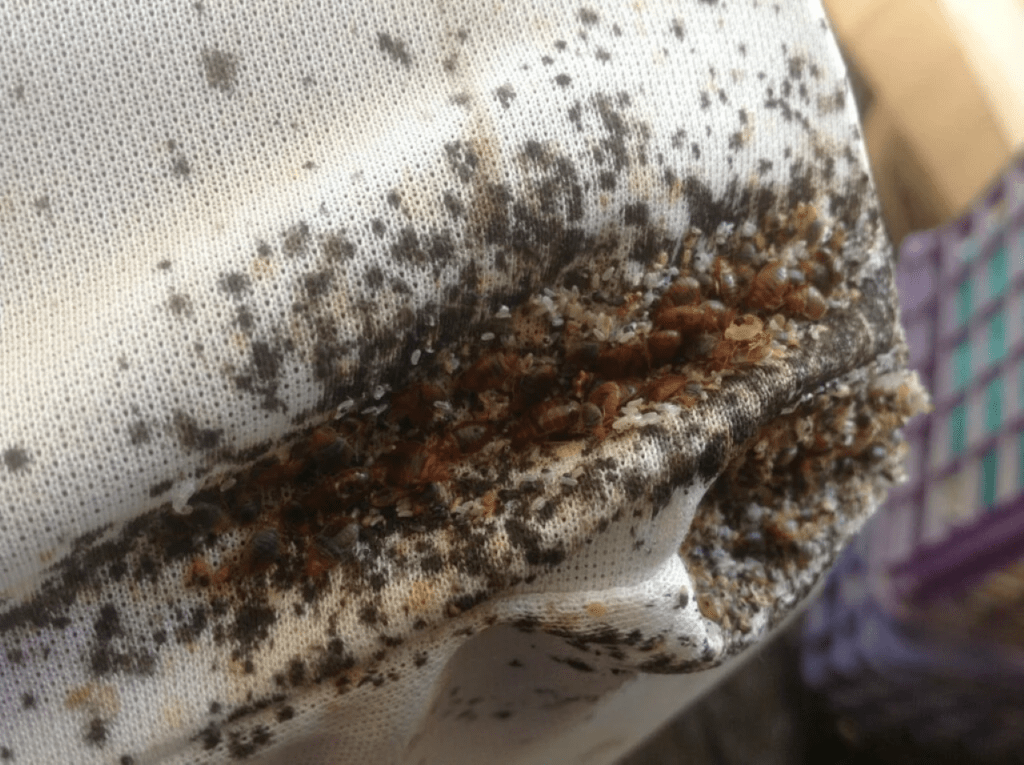 Bed bugs are attracted to the carbon dioxide and warmth that our bodies emit, making mattresses an ideal hiding spot for them to feed and lay eggs. While bed bugs can lay their eggs on any surface, they prefer areas that are close to their food source - us. Mattresses provide warmth and proximity to their food source, making them a prime location for bed bug eggs.
Bed bugs are attracted to the carbon dioxide and warmth that our bodies emit, making mattresses an ideal hiding spot for them to feed and lay eggs. While bed bugs can lay their eggs on any surface, they prefer areas that are close to their food source - us. Mattresses provide warmth and proximity to their food source, making them a prime location for bed bug eggs.
How to Prevent Bed Bug Eggs from Sticking to Your Mattress
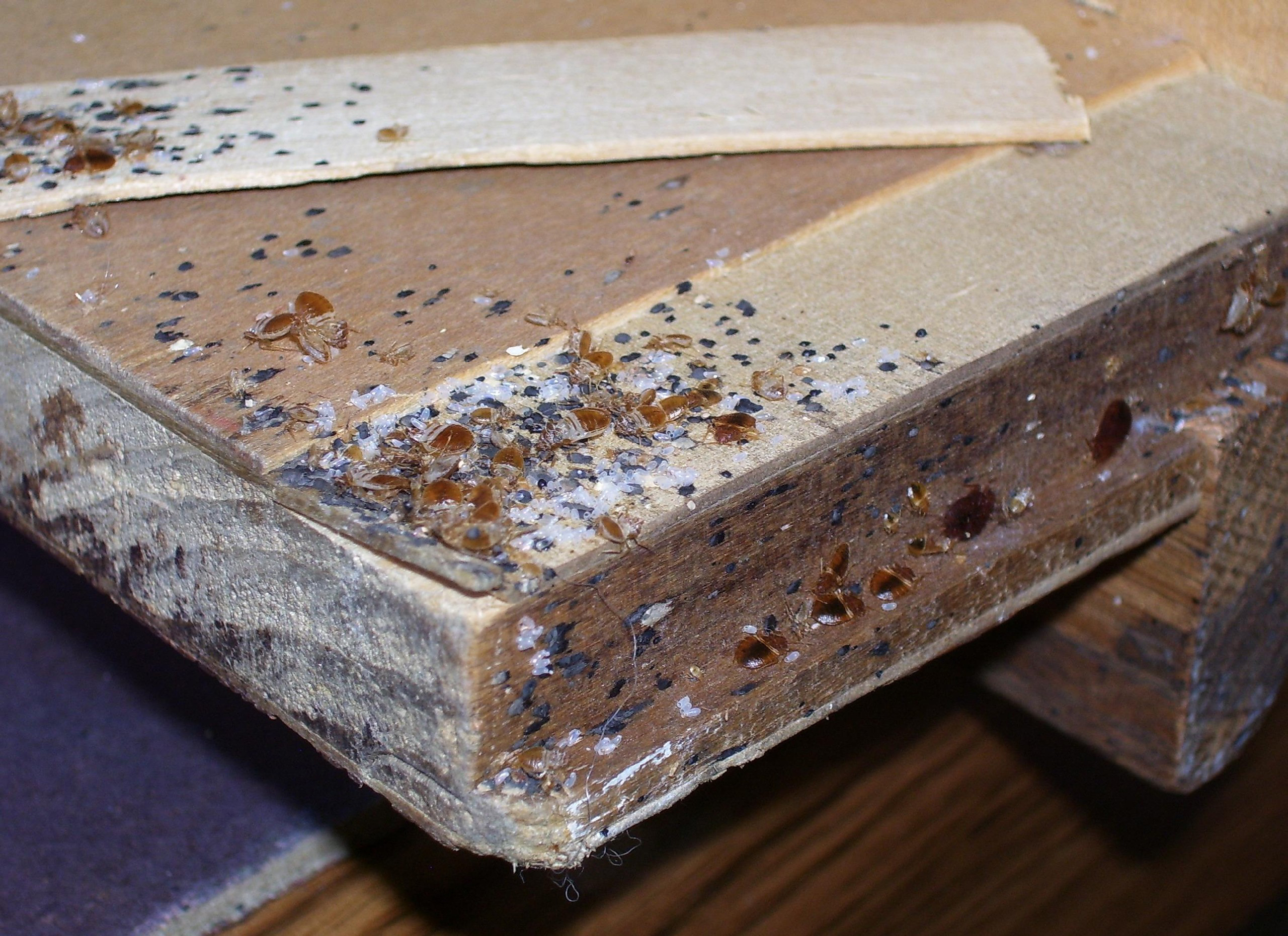 Preventing bed bug eggs from sticking to your mattress requires a combination of vigilance and preventative measures. Regularly checking for signs of bed bugs, such as dark spots on the mattress or small blood stains, can help catch an infestation early on. Vacuuming and steam cleaning your mattress can also help eliminate any eggs that may be present.
In addition, using a bed bug-proof mattress encasement can help prevent bed bugs from infesting your mattress in the first place. These encasements are made of materials that are impenetrable by bed bugs and can trap any existing bed bugs or eggs inside, preventing them from spreading to other areas of your home.
Preventing bed bug eggs from sticking to your mattress requires a combination of vigilance and preventative measures. Regularly checking for signs of bed bugs, such as dark spots on the mattress or small blood stains, can help catch an infestation early on. Vacuuming and steam cleaning your mattress can also help eliminate any eggs that may be present.
In addition, using a bed bug-proof mattress encasement can help prevent bed bugs from infesting your mattress in the first place. These encasements are made of materials that are impenetrable by bed bugs and can trap any existing bed bugs or eggs inside, preventing them from spreading to other areas of your home.
In Conclusion
 While bed bug eggs can stick to mattresses, it's important to note that bed bugs can lay their eggs on any surface. However, mattresses are a popular spot for bed bug eggs due to their warmth and proximity to humans. By taking preventative measures and regularly checking for signs of bed bugs, you can help protect your mattress from infestation.
While bed bug eggs can stick to mattresses, it's important to note that bed bugs can lay their eggs on any surface. However, mattresses are a popular spot for bed bug eggs due to their warmth and proximity to humans. By taking preventative measures and regularly checking for signs of bed bugs, you can help protect your mattress from infestation.


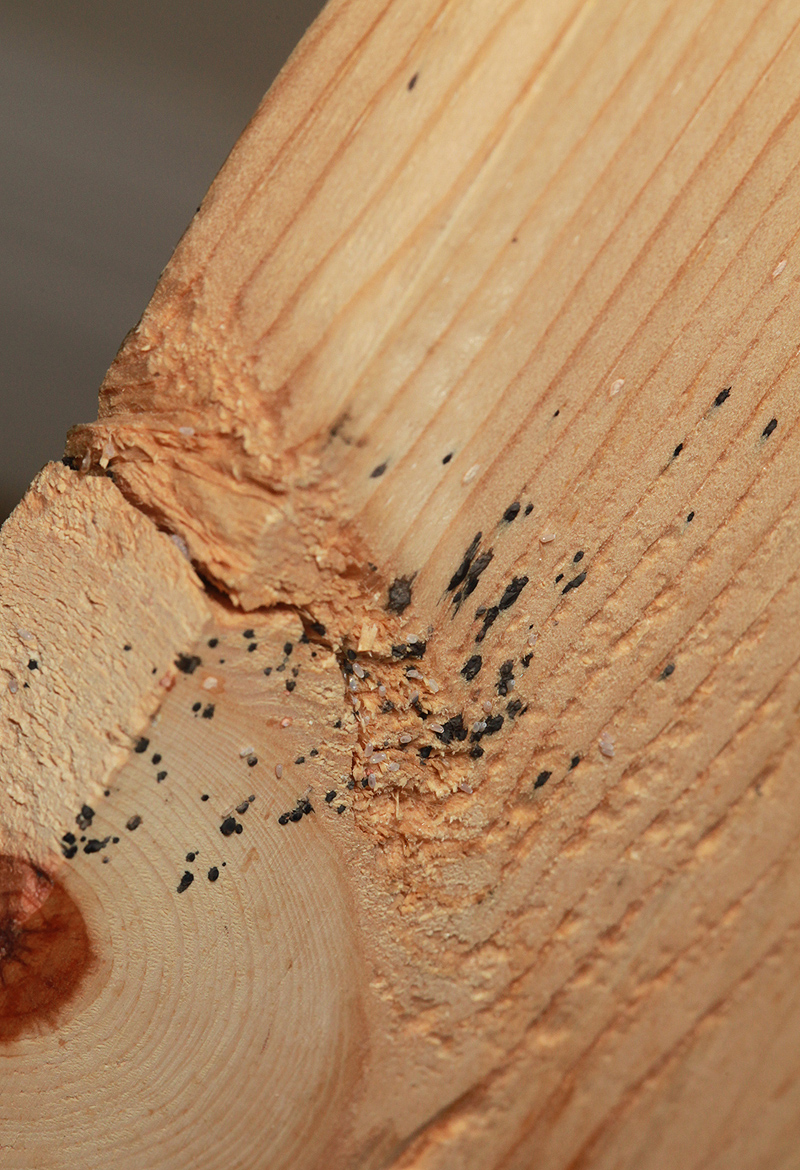
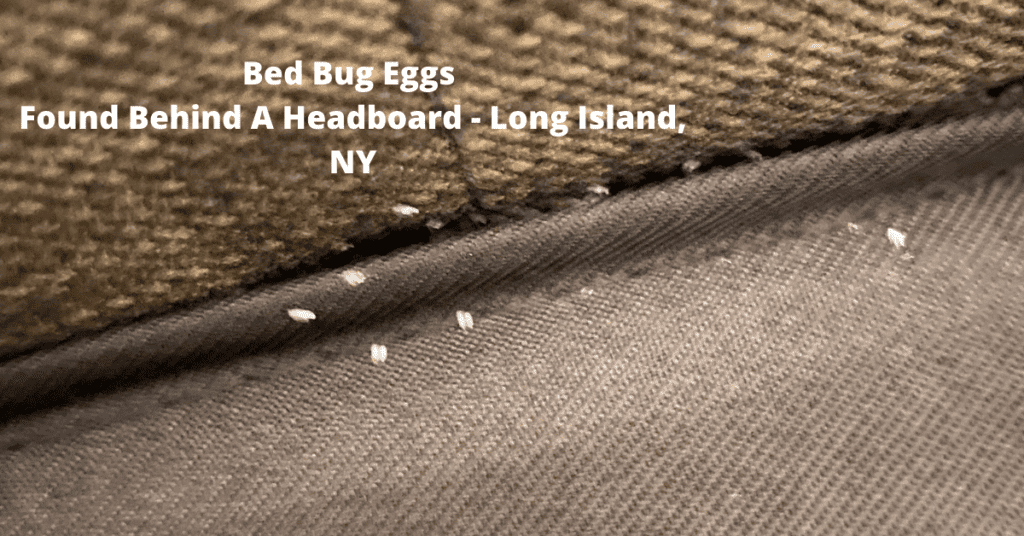
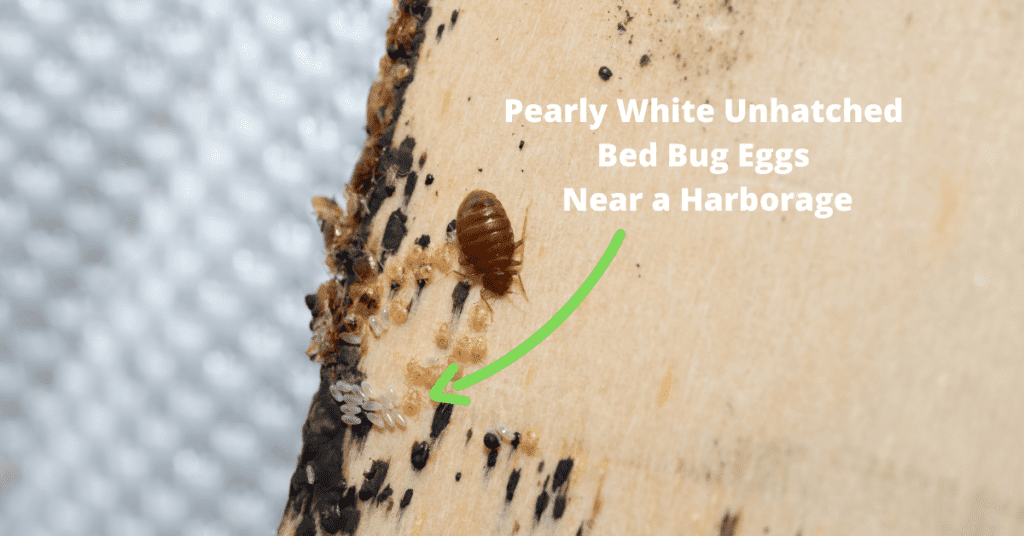




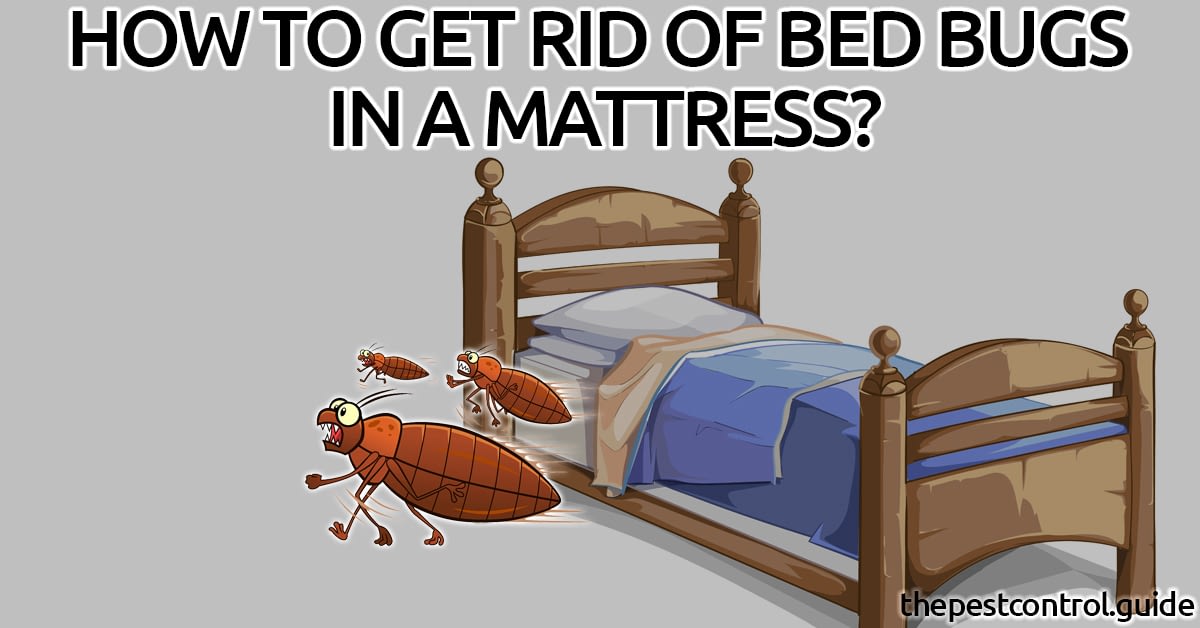

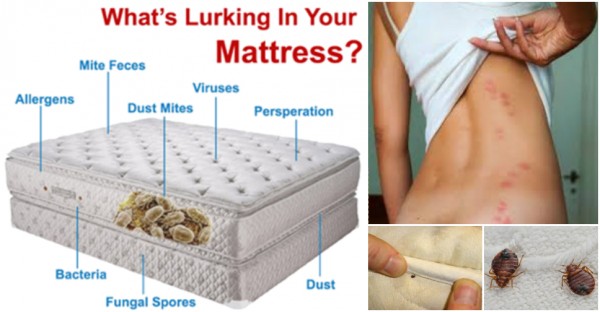
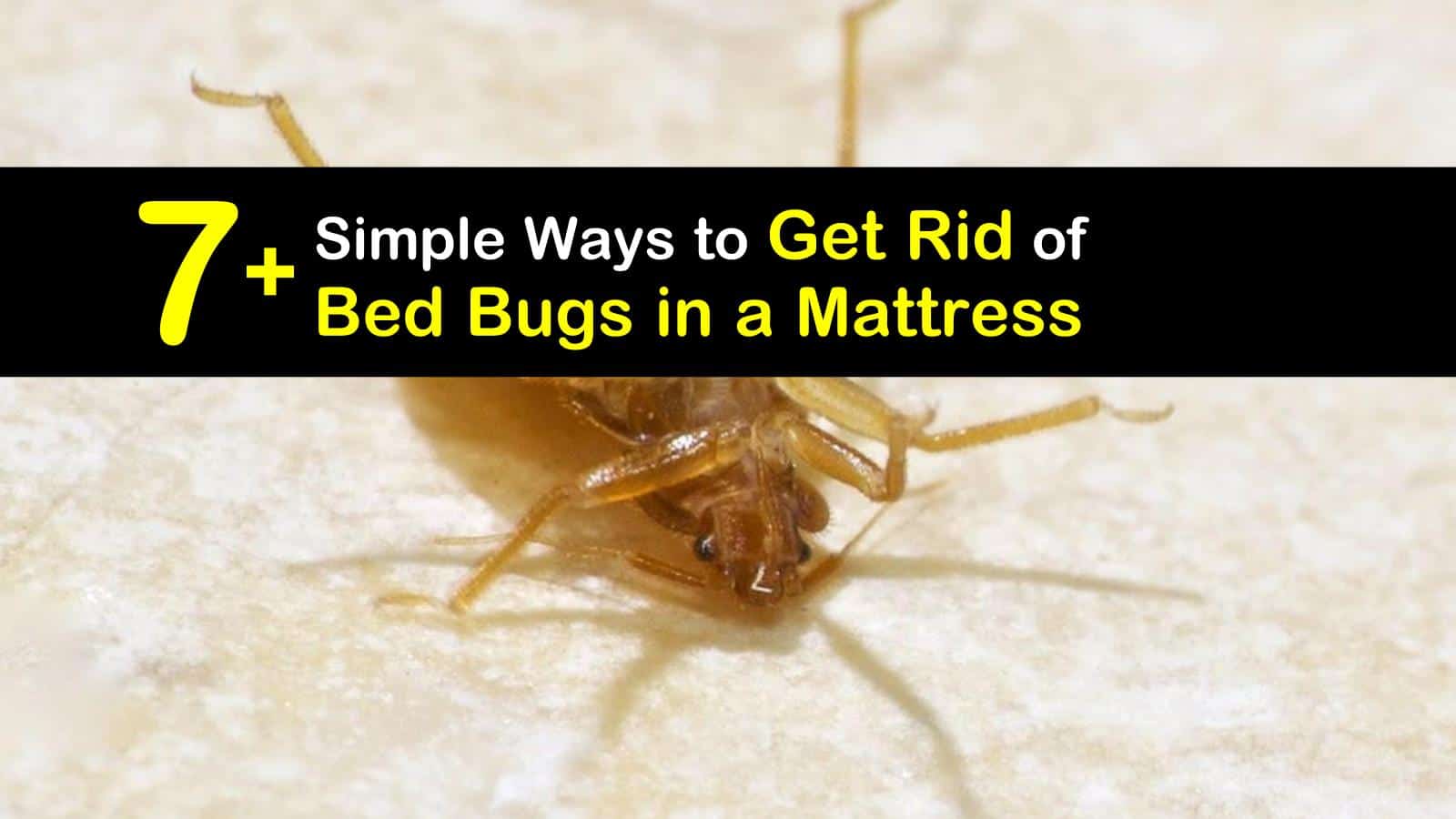

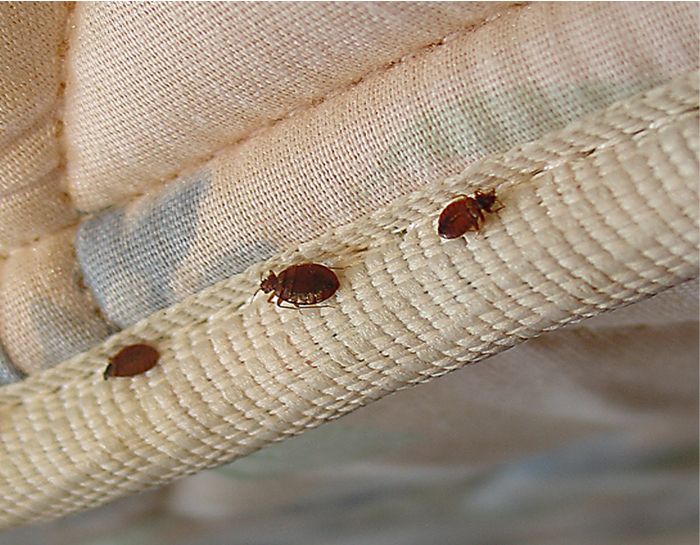

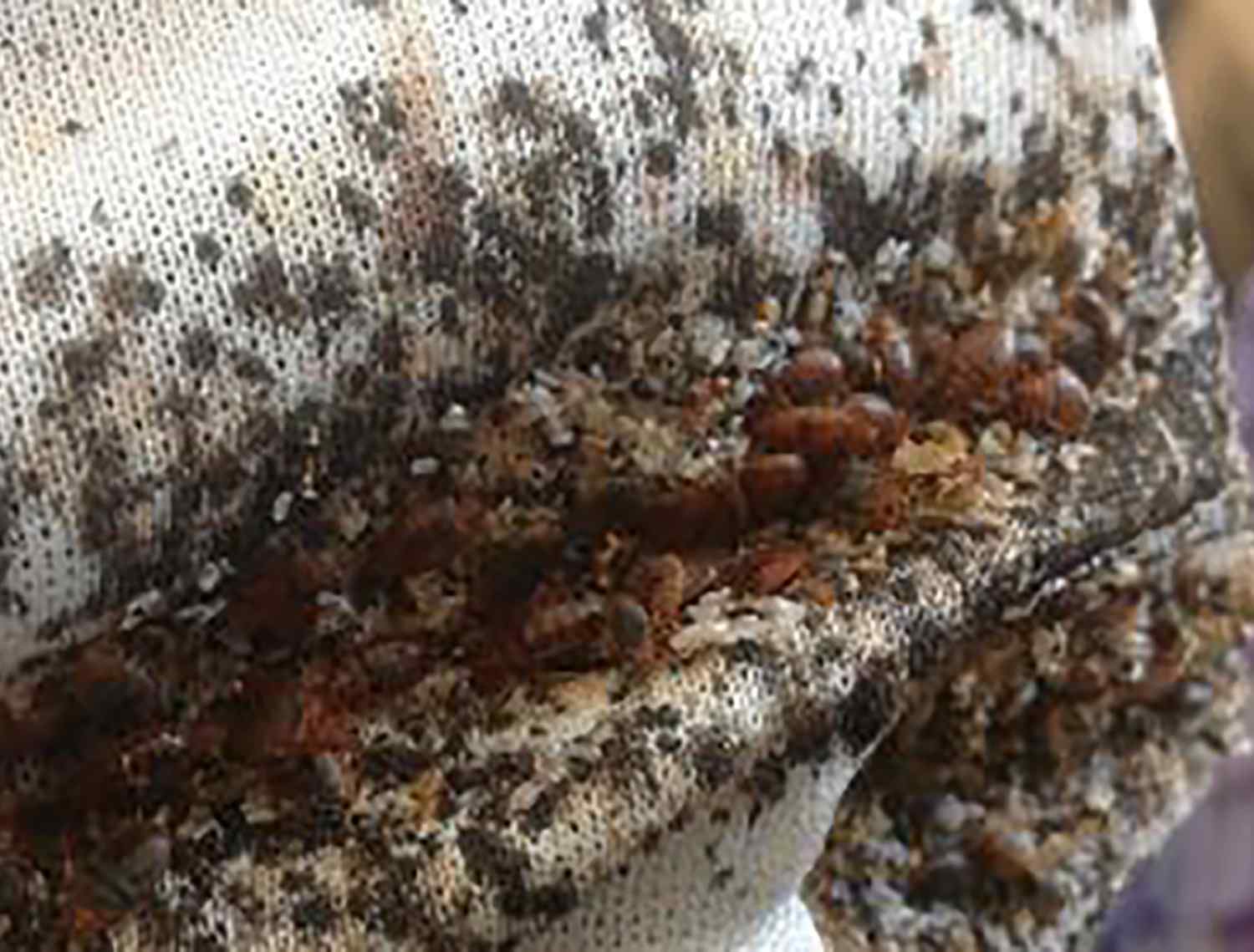

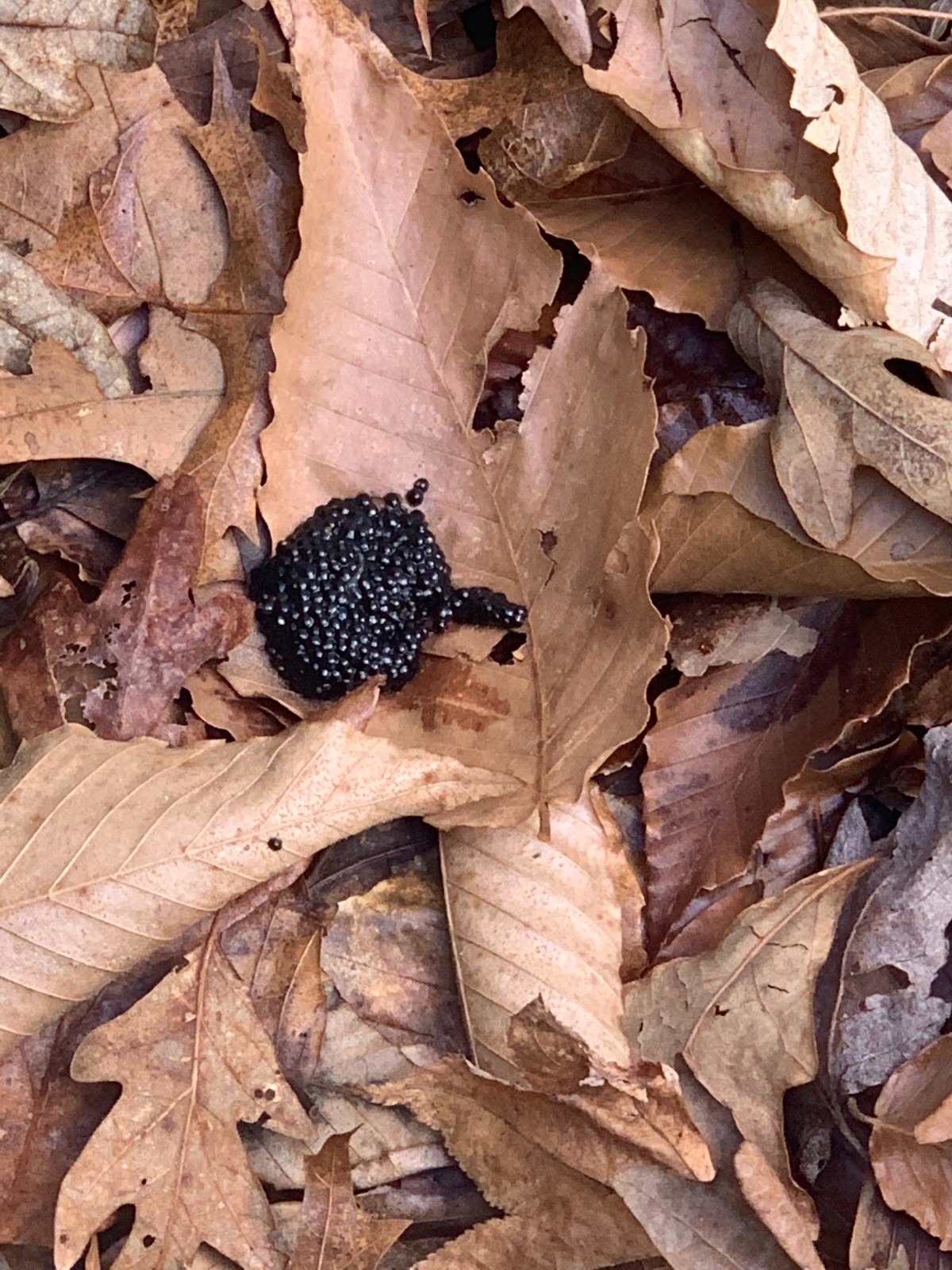
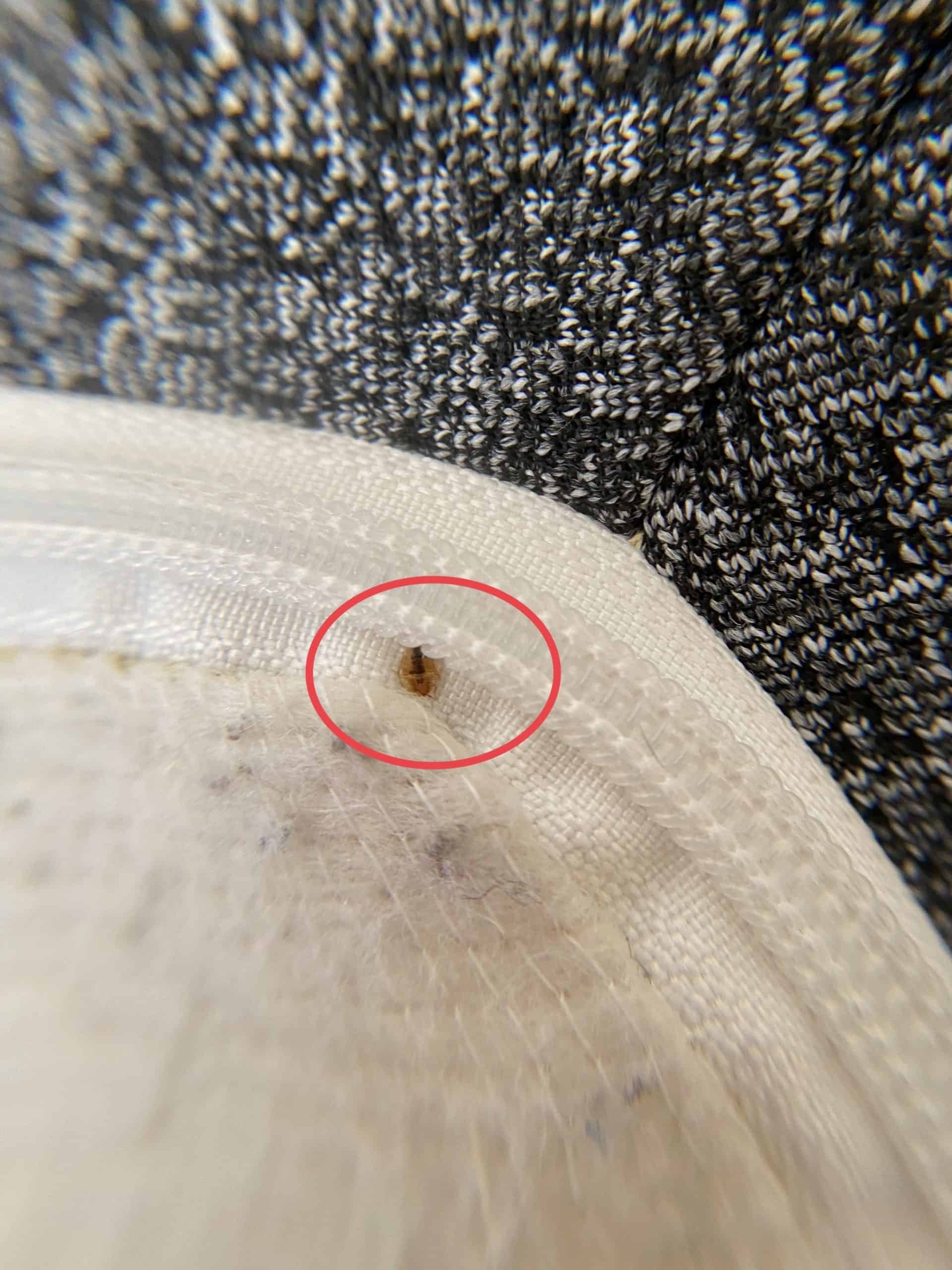
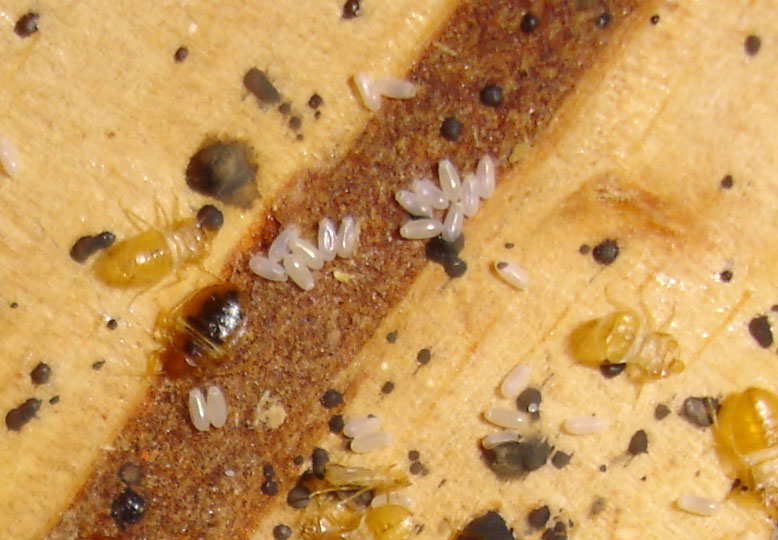
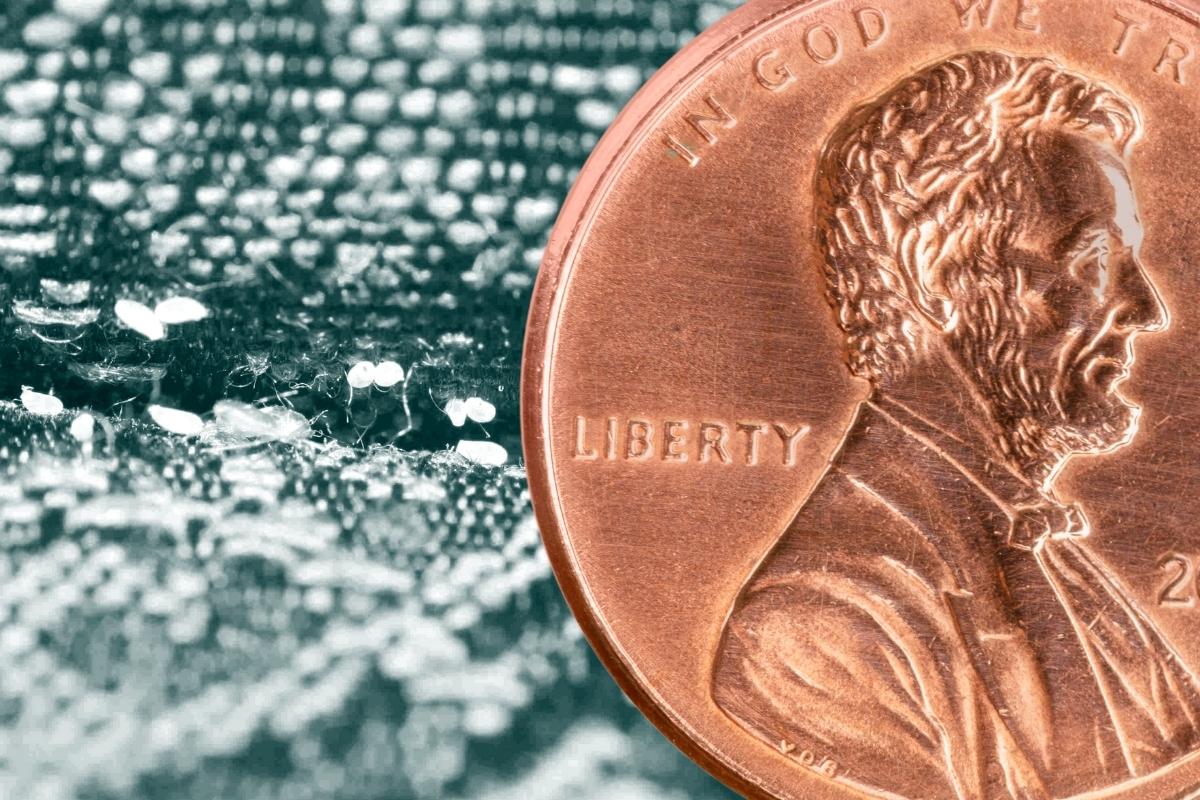



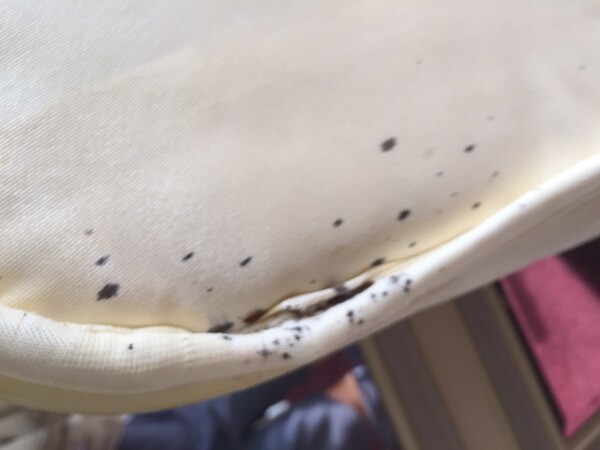
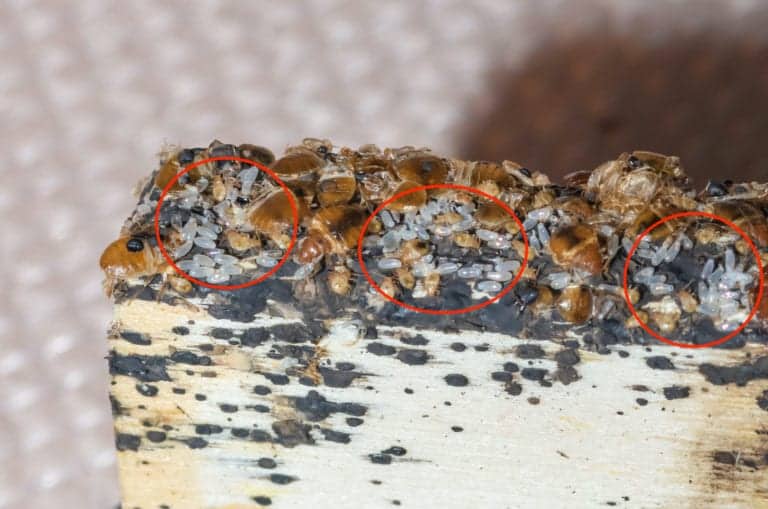

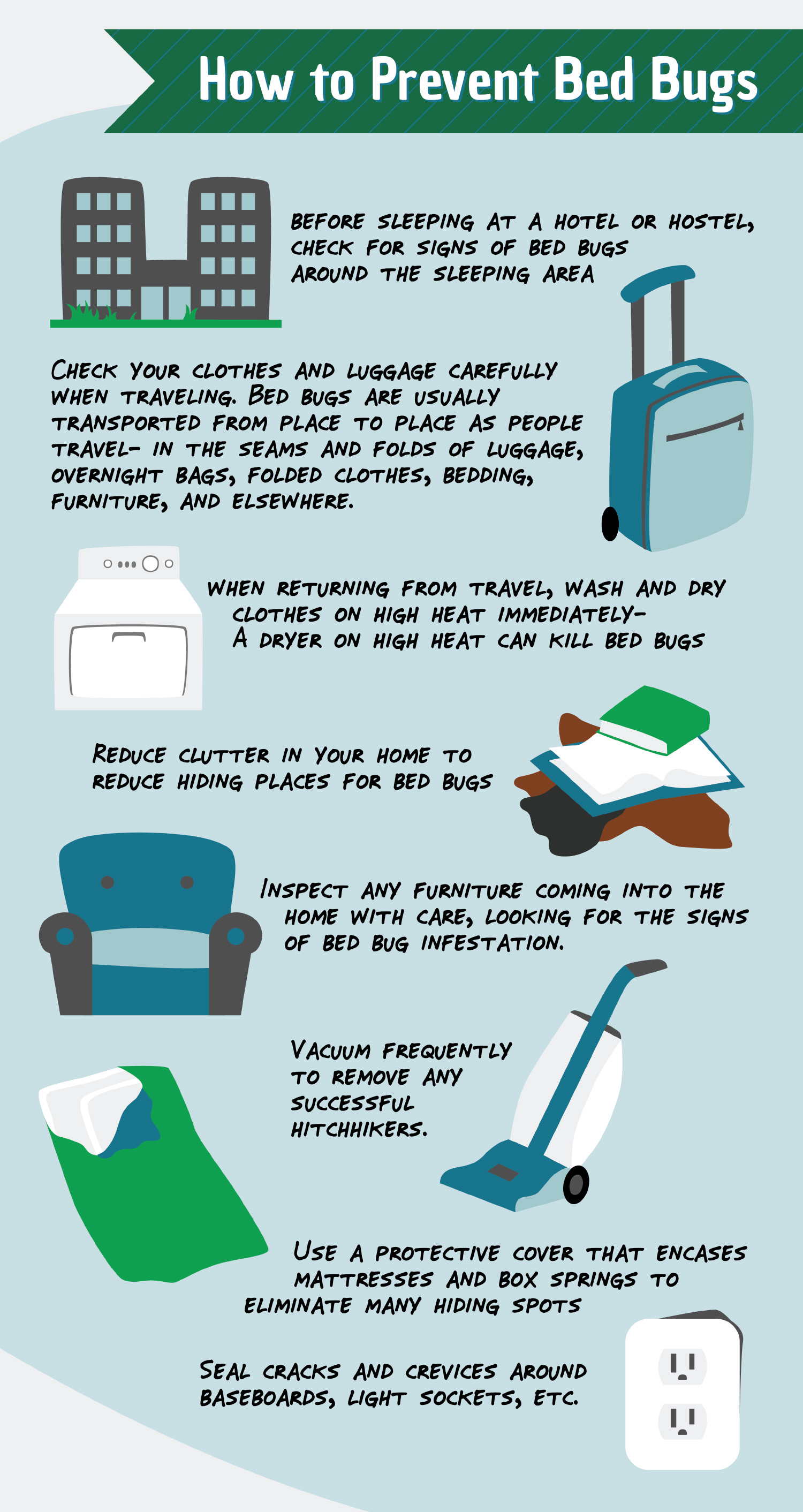




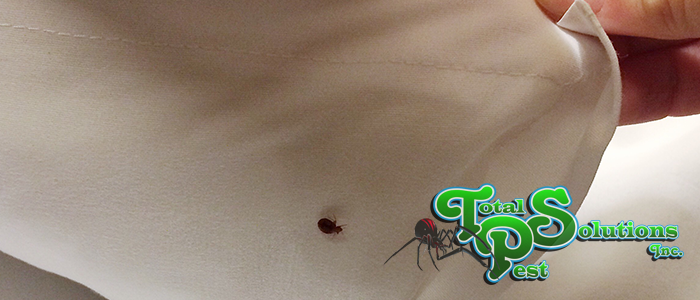

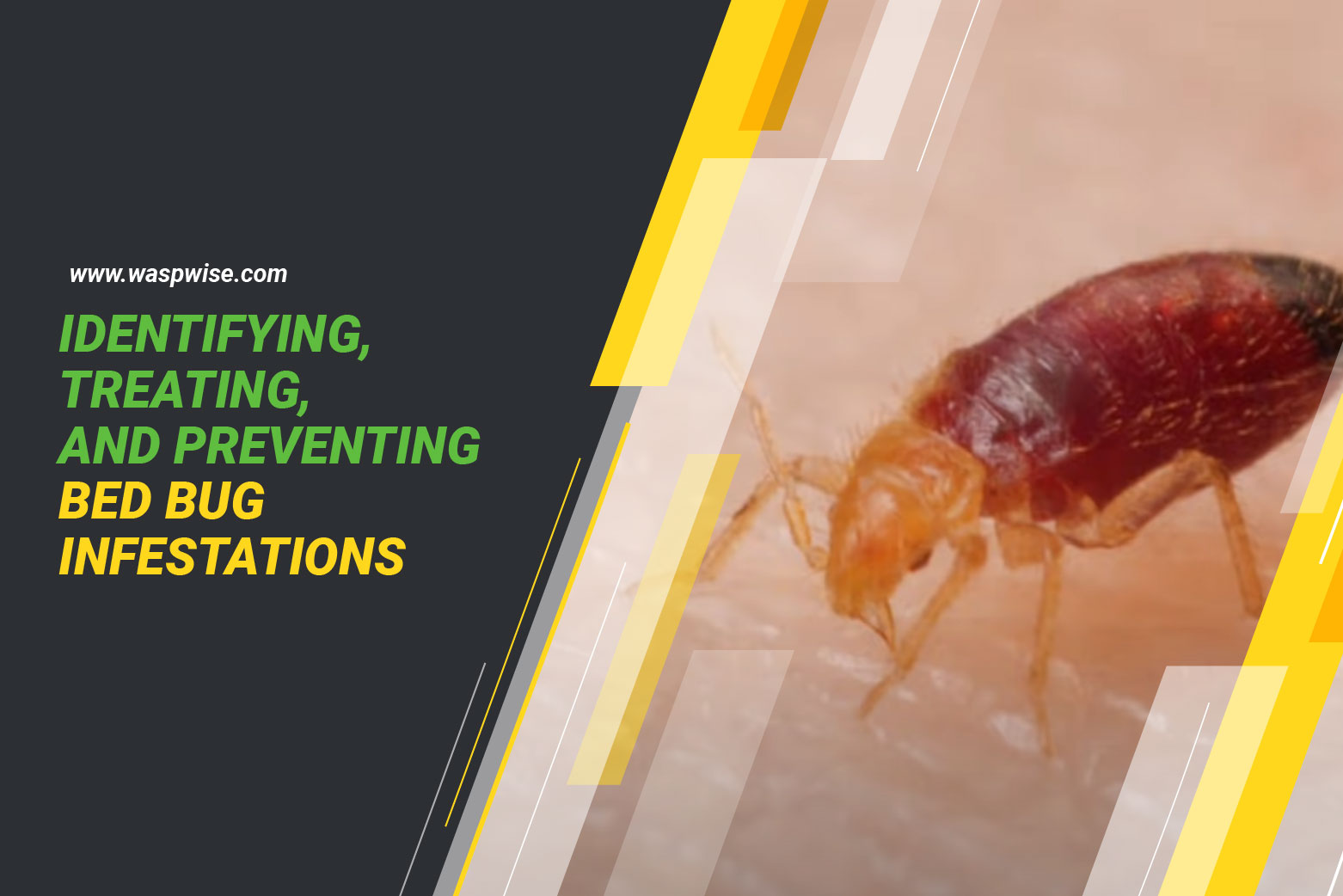

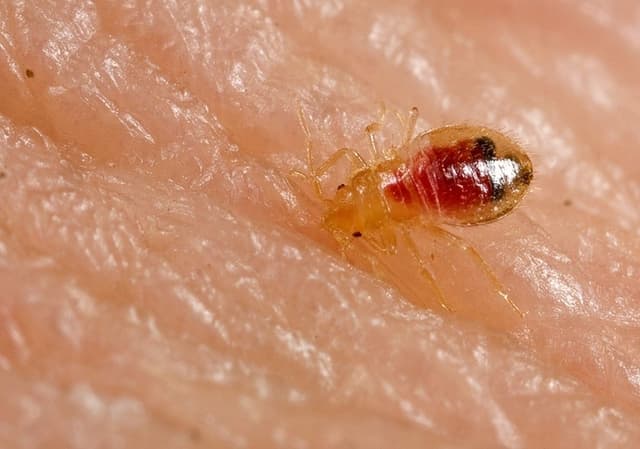











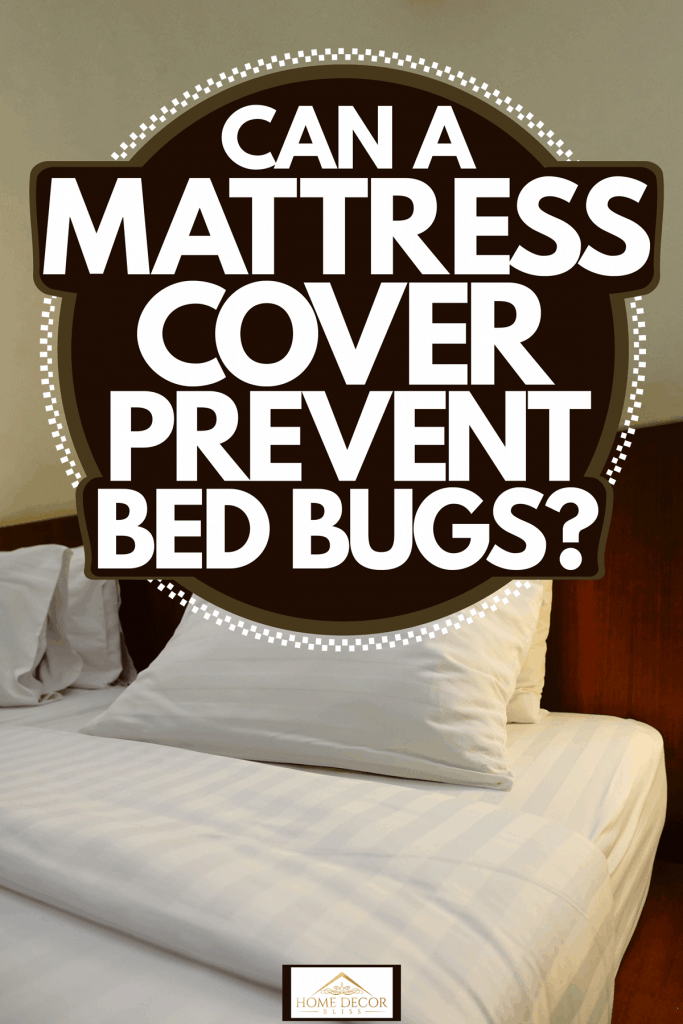

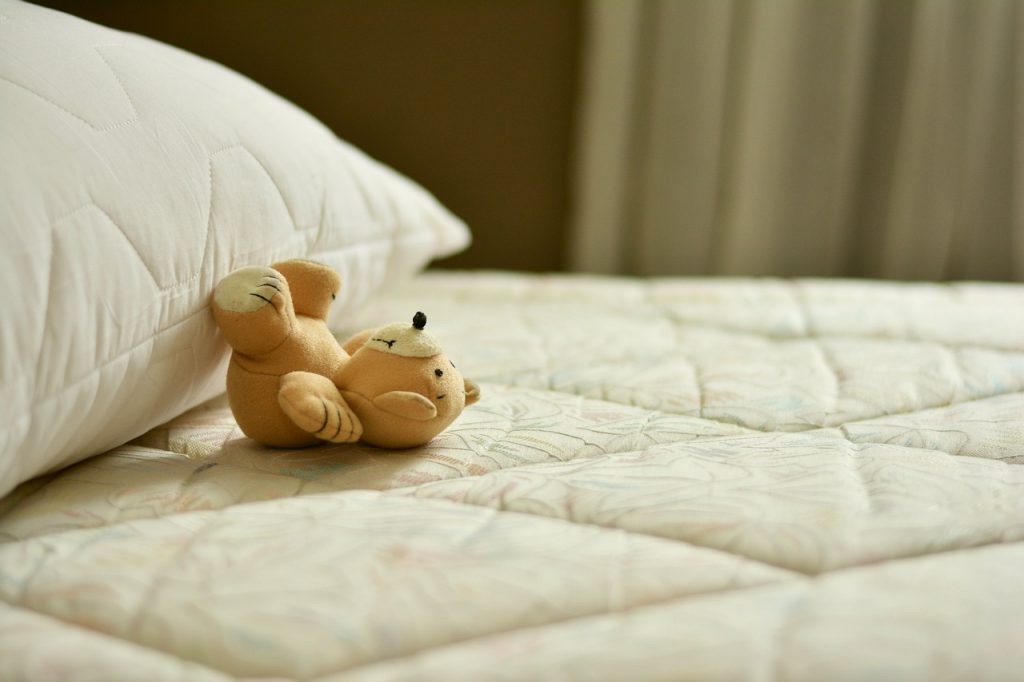




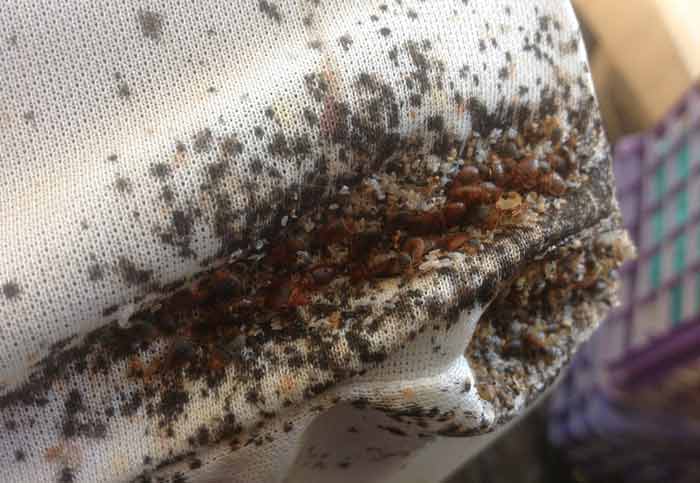


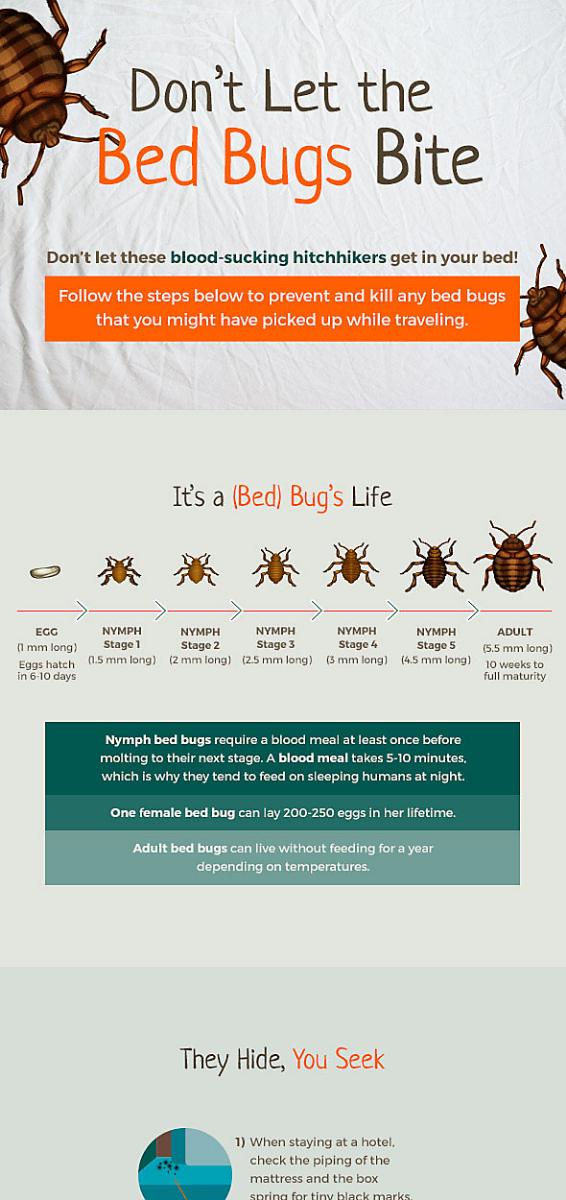
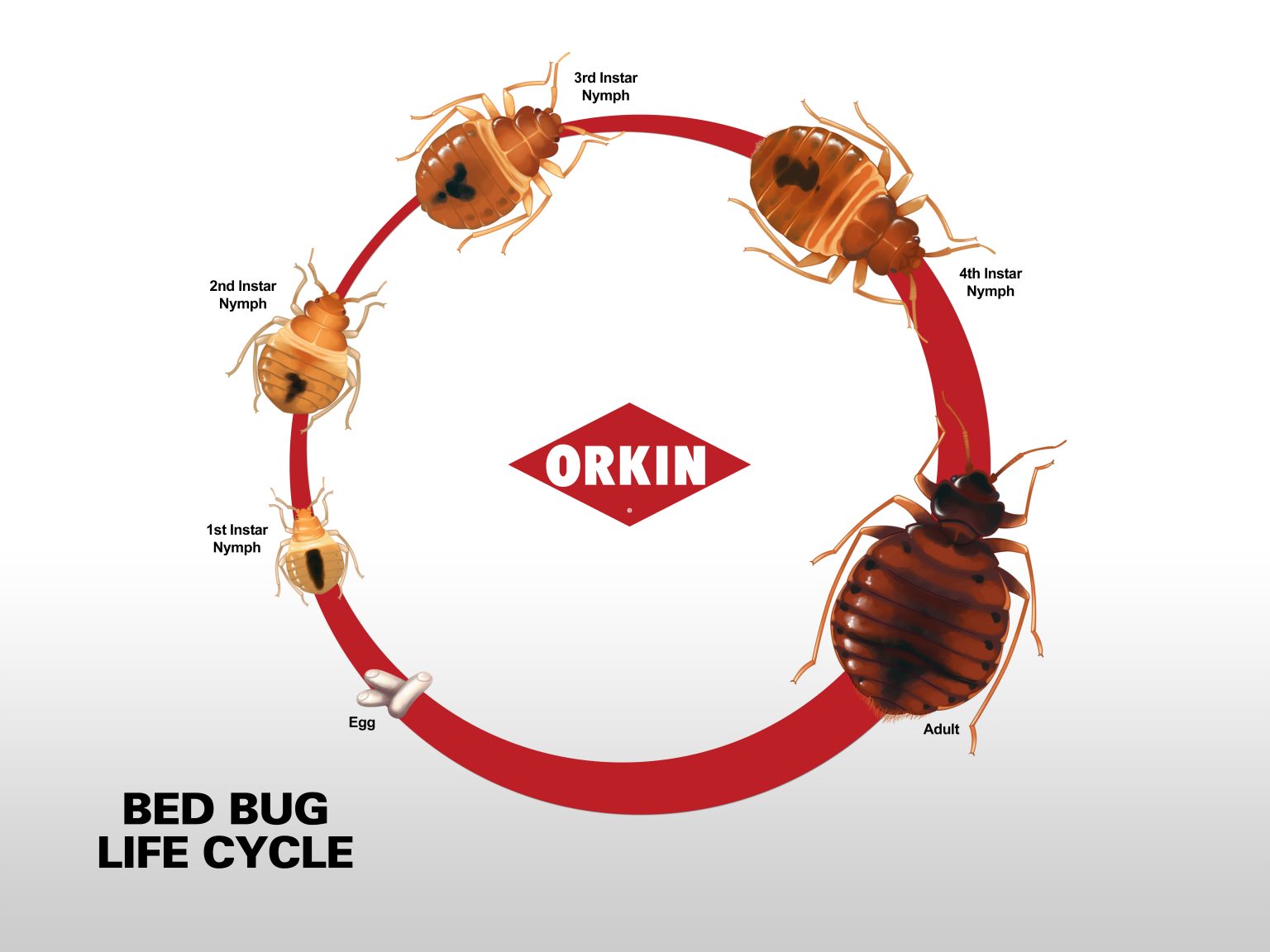
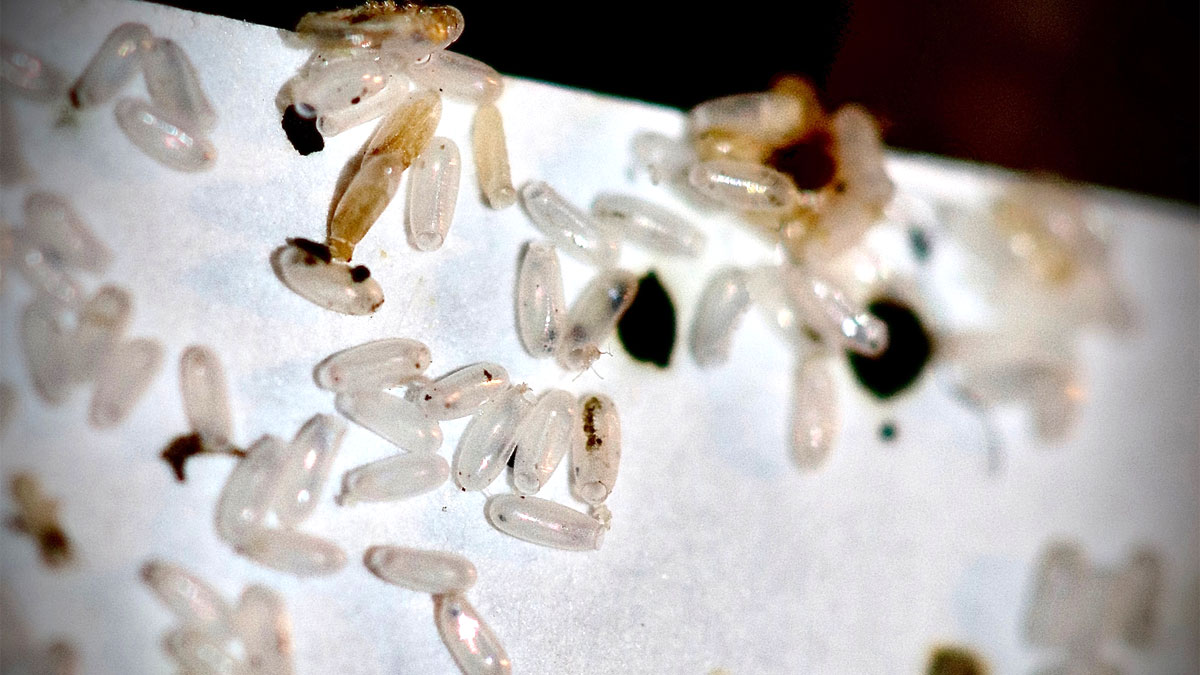



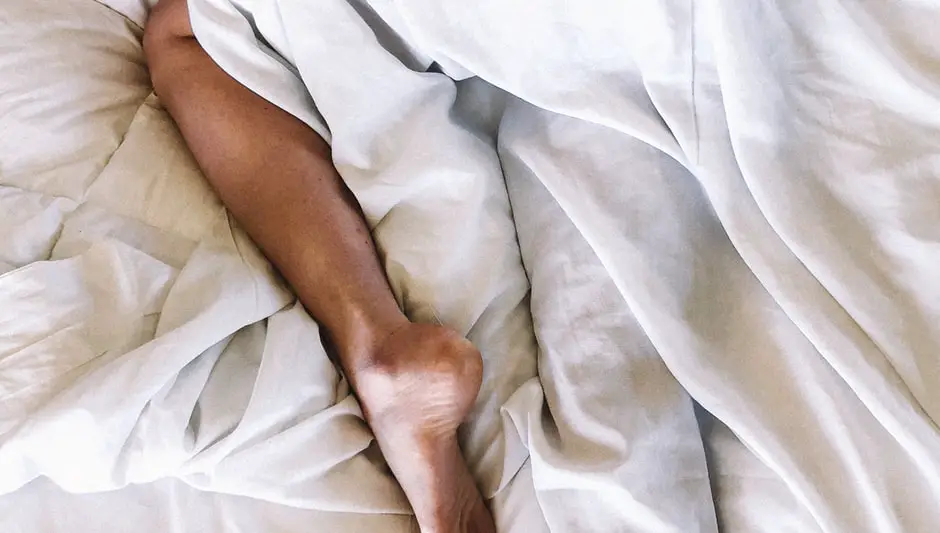

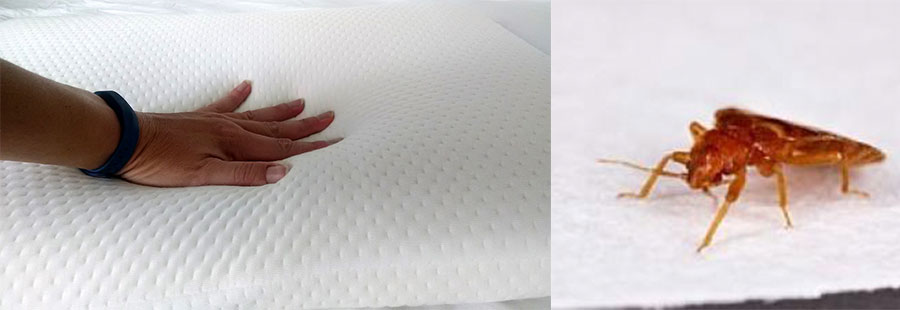
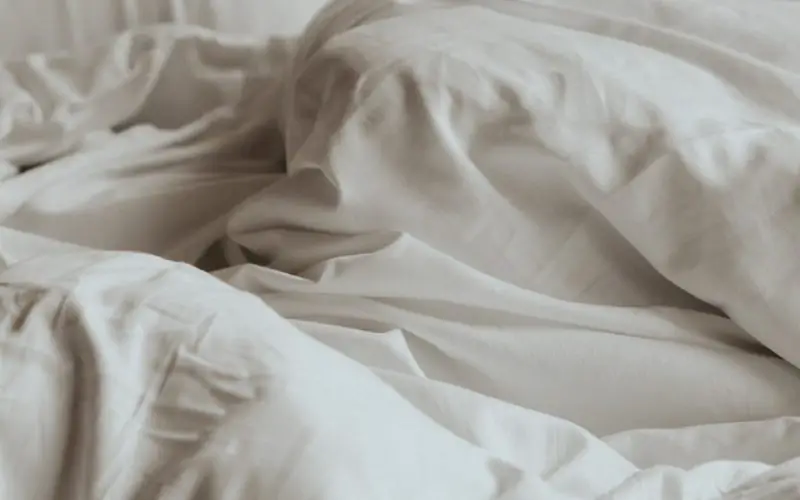
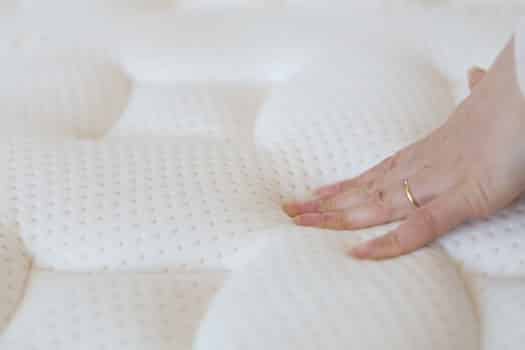


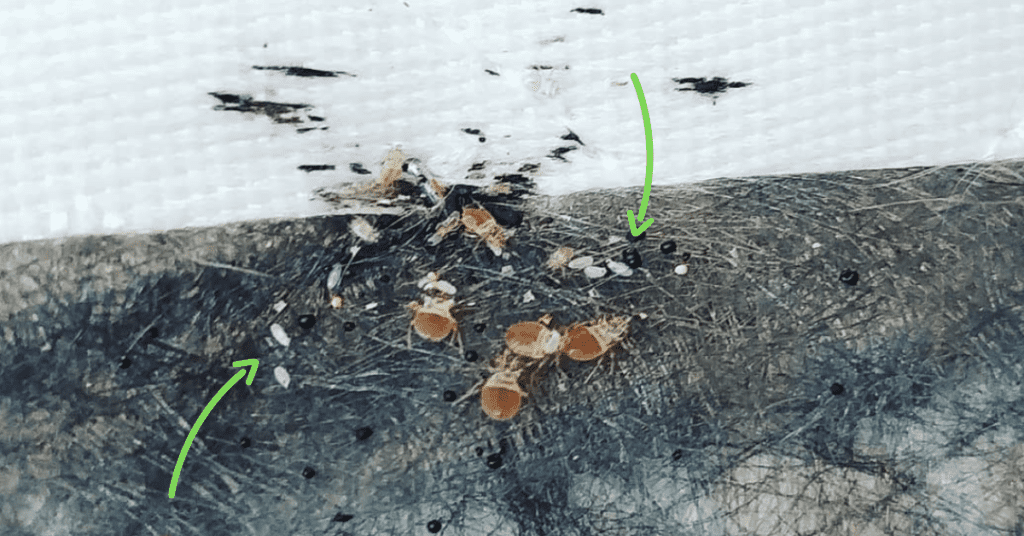







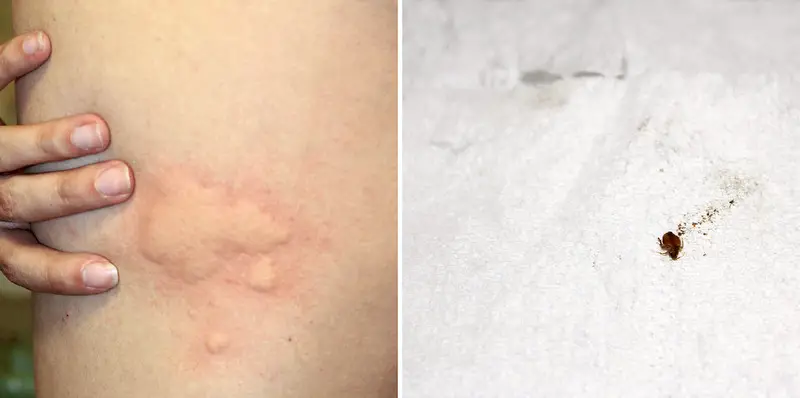
:max_bytes(150000):strip_icc()/bed-bug-bites-overview-2633482_v2-f8bfc57491af4e7a93307ec27a0d9652.png)






